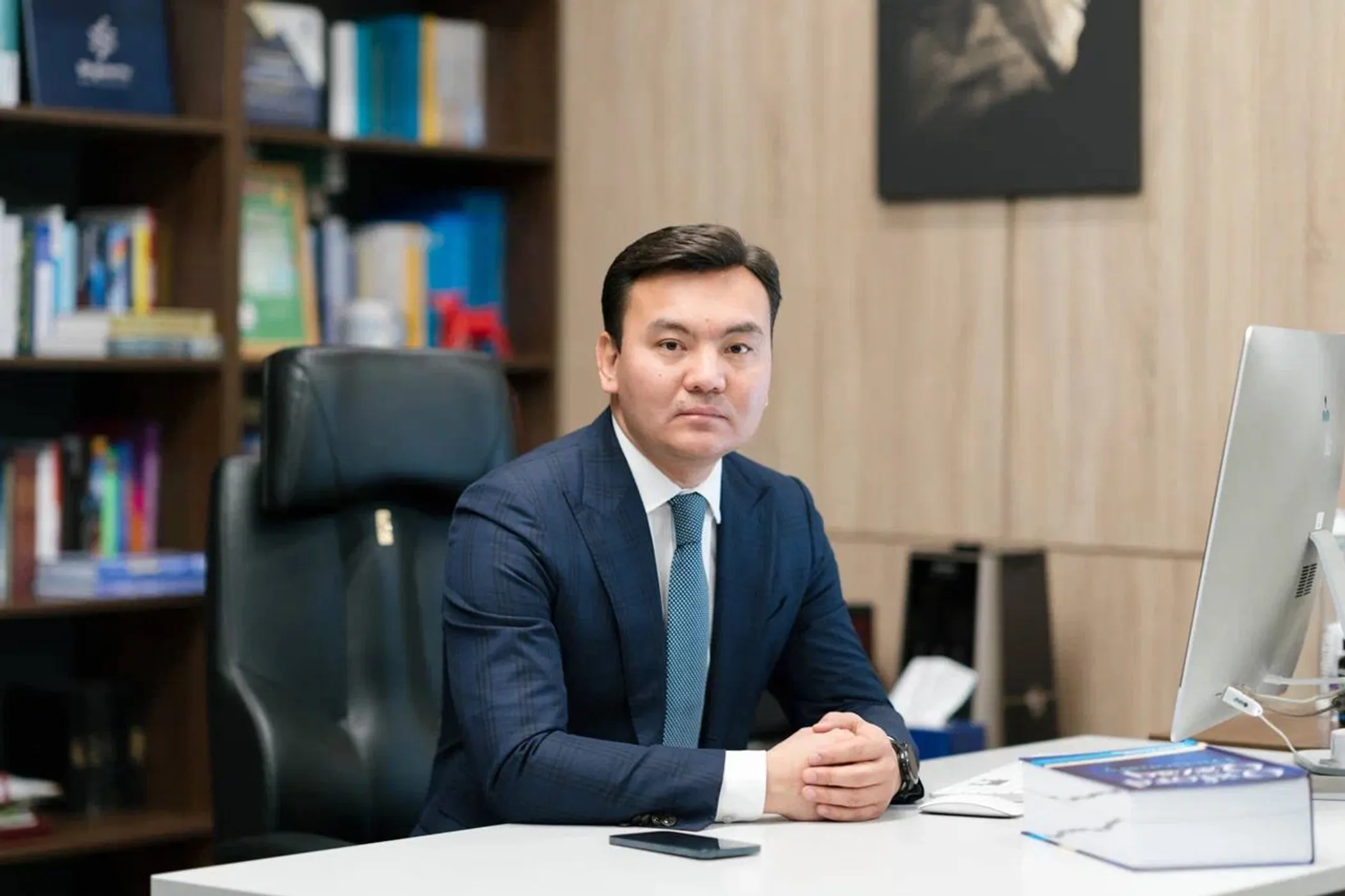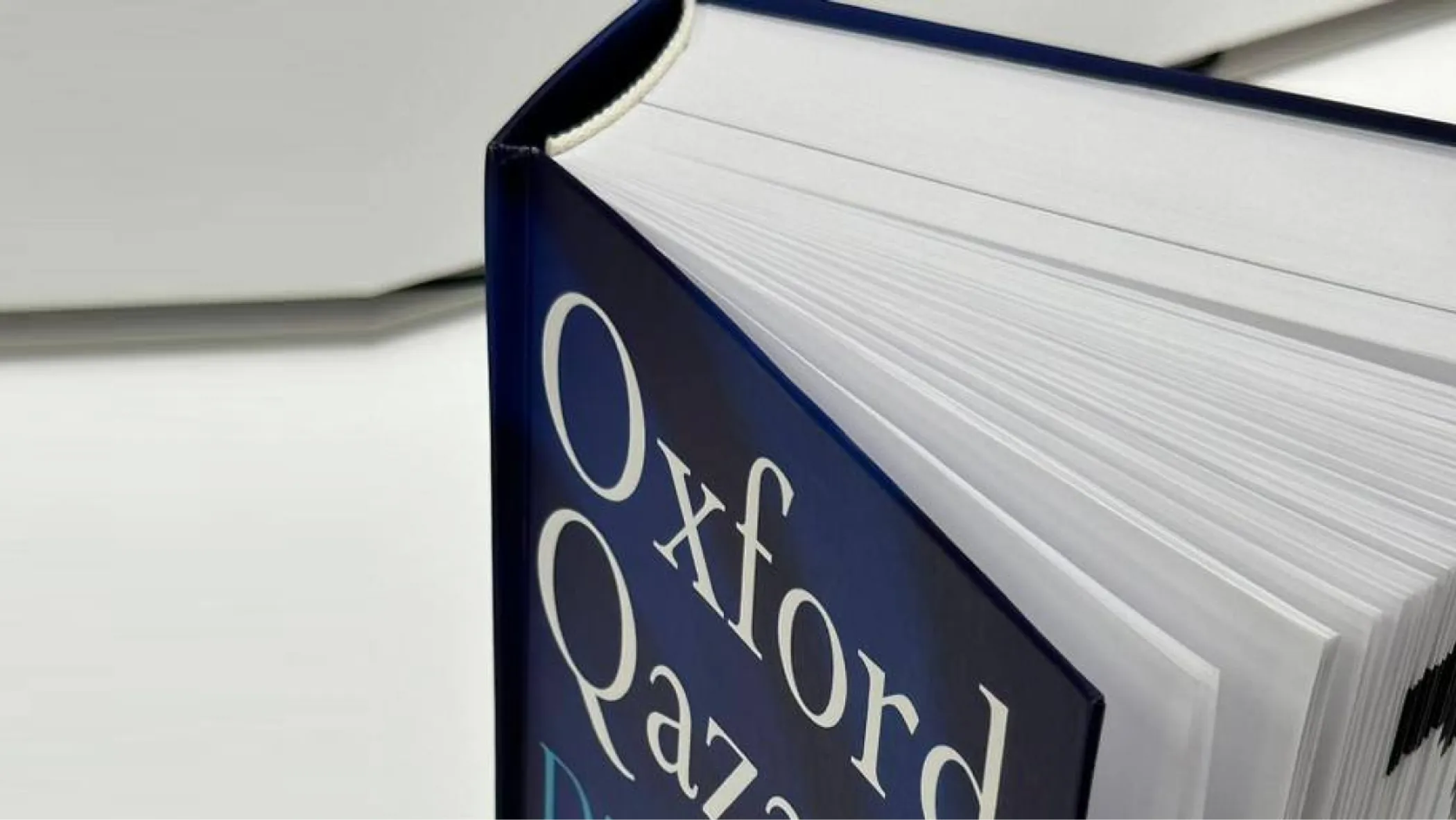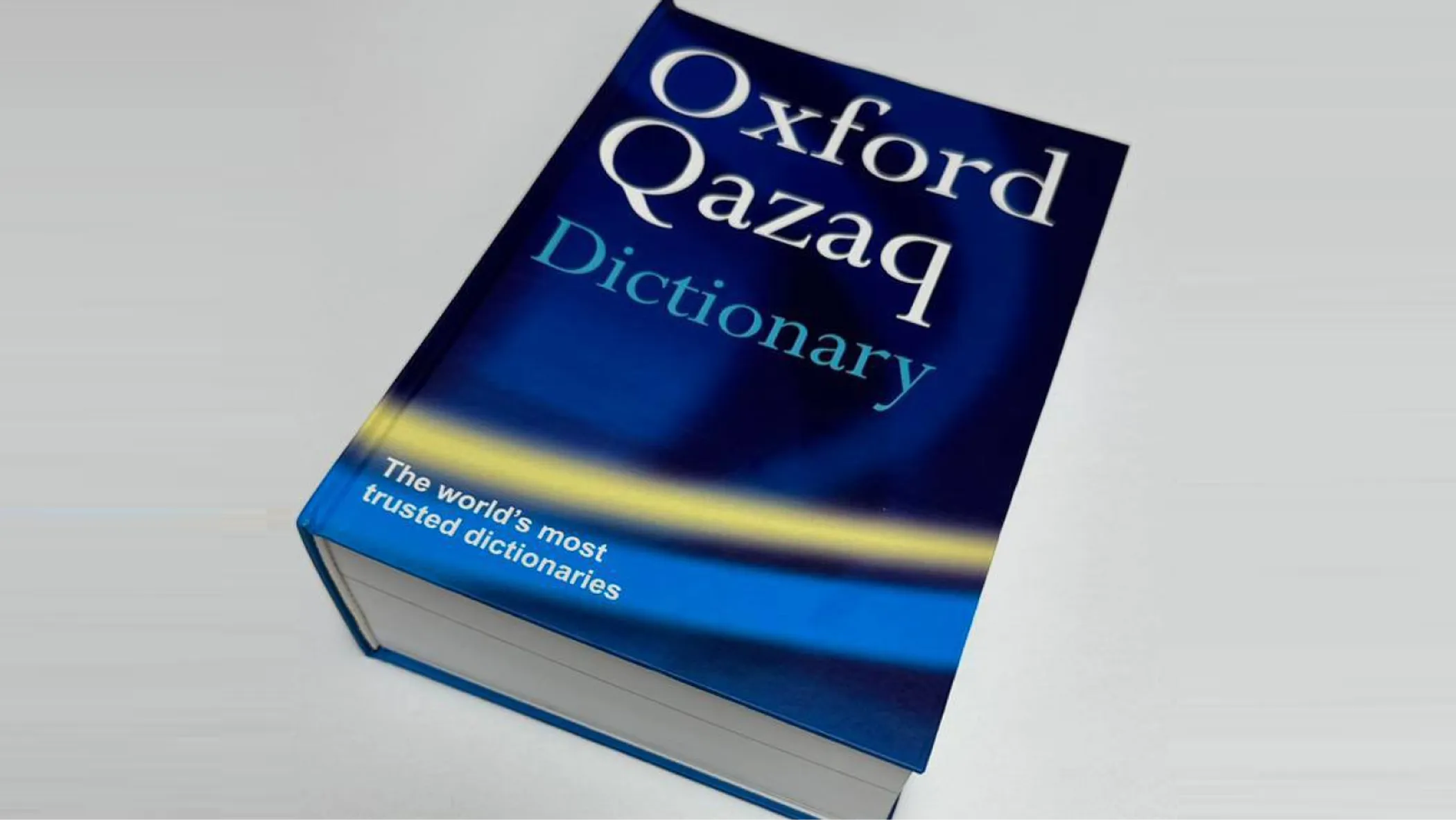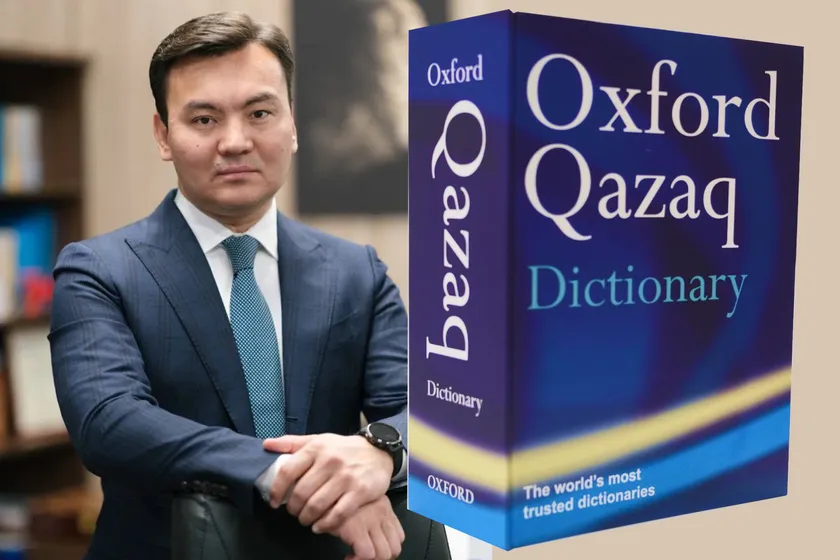Last week, the National Bureau of Translations dropped a major announcement, saying the Qazaq-English Oxford dictionary is ready for publication. The news immediately went viral on social media, as Kazakh and English language learners were unanimously excited about the Kazakh version of ‘the most trusted dictionary’. The bureau promised to post updates soon.
QazMonitor reporter asked Rauan Kenzhekhanuly, the Burreau’s director, when the book will be available commercially, and which words Kazakh linguists debated on the most.

When did the project start?
Four years ago, we came up with the idea of creating our own dictionary. I initiated the project, but there was a large team of over 50 people involved. We had already collaborated with Oxford on translating their textbooks into Kazakh as part of the 100 Kitap project [100 new textbooks in the Kazakh language – QM].
So, we built a good relationship, and the dictionary was a logical continuation of our previous projects.
By that time, we had developed a very large vocabulary list for the textbooks. In fact, we provided a glossary at the end of each one. Then, we created several explanatory dictionaries in the course of our translation work: a dictionary for economics, humanities, and loanwords.

How exactly did Oxford contribute to compiling the Qazaq-English dictionary?
Oxford produces the most trusted dictionaries in the world. They have built up a lot of expertise in creating and updating them. As a partner, they provide us with the methodology, the technology, and the foundation in the form of the Oxford English Dictionary, which is the foundation for all dictionaries in other languages. We paid for the rights to use the Oxford English Dictionary methodology and brand name. They also helped with instructing our team of translators.
We are guided by the lexicography of the English language since the vocabulary is constantly being updated, especially in dynamic fields like technology, science and mass culture.
Why did the dictionary take four years to develop?
It is a really difficult task. Before we showed the final version to the public, we developed several iterations of the dictionary for examination and comments by Oxford. We did it twice, and it took 6 months each time. Only after the final revision we made the official announcement.
What was the most challenging part of your work?
The most debated topic was about what to do with profanity and obscene language. The Oxford methodology and approach requires that all vocabulary should be part of their dictionaries. And that is how other languages approached their Oxford books.
One of our partners in Kazakhstan was Baitursynov Institute of Linguistics, a scientific center with a high level of expertise. Our colleagues there believed that [our work] formed a taste for language—or a culture of language. At the scientific council, colleagues recommended that we refrain from adding the more "flamboyant" phrases and words, and Oxford also supported us in this decision.
Another example is terminology, of course. Young professionals advocate a wide adoption of words from the English language in new industries, but more seasoned linguists tried to search for new words within the Kazakh language. We tried to find some sort of a middleground.

Time for the question everyone has been asking. When will the dictionary be available?
We completed the work and already have the final copy of the dictionary. Now we are trying to estimate the number of copies to supply libraries and scientific-educational centers in Kazakhstan. After that, we hope to publish the work in the first quarter of 2023, most likely.
It is important to note that our project received support from the Head of State, and he personally wrote the foreword for the dictionary.
Will the print run be available for public sale?
Of course. I think we'll definitely find sponsors for commercial printing of this dictionary, so that we can put them in stores.










